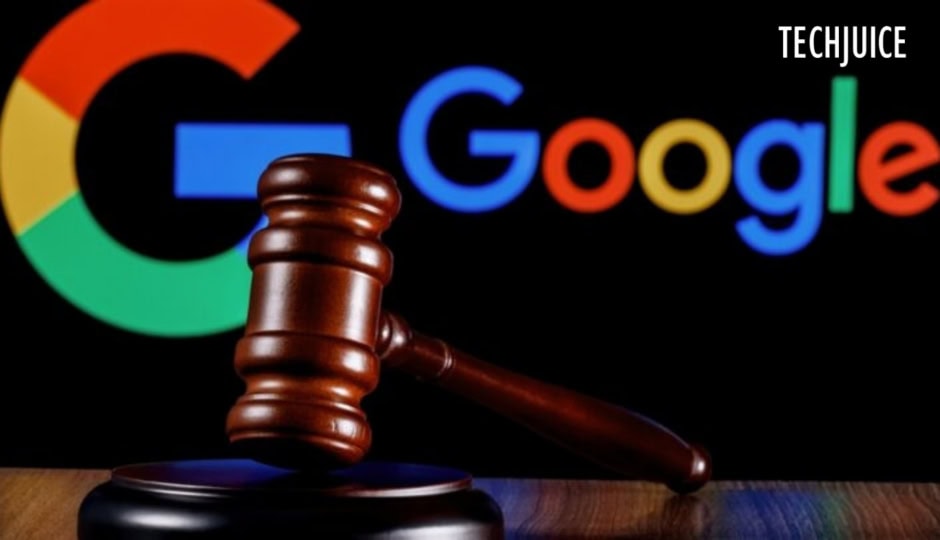Google is facing one of the most significant legal challenges in its history, as two major antitrust cases brought by the U.S. Department of Justice (DOJ) move into decisive phases. Following judicial findings that the company unlawfully monopolized both the online search and digital advertising markets, proceedings now focus on what remedies the courts may impose.
On Monday, a court in Washington, D.C., will commence a case to determine the appropriate course of action in relation to Google’s search market dominance. According to the Department of Justice, Google’s long-term agreements with mobile manufacturers and browser developers result in limited competition.
The primary focus of the government’s argument is Google’s partnership with Apple for the default search engine on iPhones. According to legal claims, competitors’ market visibility and growth potential are restricted by Google’s control of both its Chrome browser and search engine agreements with third parties. According to the Department of Justice, this system serves as an obstruction to the successful entry of new search providers into the market.
Government’s Proposed Fixes
The government’s proposed remedies include mandating the divestiture of the Chrome browser, mandating data sharing between search providers, and mandating that Google inform the public about their AI investments in advance. Although the Department of Justice has ceased requiring Google to sell its AI assets, it will continue to enforce regulations to prevent the resurgence of monopolistic power in emerging technology sectors.
The government has implemented these regulations in anticipation of Google’s efforts to reestablish its dominance through emergent systems, including voice search platforms and artificial intelligence.
After complying with the court’s orders, Google intends to submit appeals. The organization is adamant that its accomplishments are contingent upon consumer loyalty and technological innovation. Users have the capacity to alter the default settings, although they favor Google due to its superior performance, according to the company.
The Department of Justice maintains that default settings maintain a significant influence while users lack the knowledge or time to modify them. The company asserts that virtual remedies have the potential to impede the advancement of technical development and harm its well-known service offerings.
You may also like to read: https://www.techjuice.pk/google-faces-25-billion-lawsuit-in-the-uk-dutch-courts-over-unethical-ad-practices/
Ad Tech Ruling Adds Pressure
In a separate court case, it was determined that Google had abused its monopoly authority in the digital advertising sector. The court found that Google’s system for serving publisher ads was unlawfully connected to its advertising exchange platform. The company was able to regulate auctions by interconnecting its systems, which impeded the entry of competitors into markets.
This decision increased scrutiny of the company’s advertising operations, although the court denied Google’s monopoly power status in advertiser tools. Separating advertising-related operations structures could potentially be a solution in such situations.
Technology companies and worldwide regulators closely track these legal situations. The EU imposed severe sanctions on Google for its Android business and search system operations, but the US actions are considered harsher. The lawsuits could force Google to sell its assets. Recent enforcement rulings by the Department of Justice show that the US will use judicial power to combat technological corporations’ excessive corporate dominance.
According to experts, Google’s current antitrust legal challenges bear a close resemblance to Microsoft’s antitrust situation from the 2000s. Although the parties reached a settlement prior to the issuance of a court order, the case resulted in restrictions that facilitated the entry of new competitive businesses. The current proceedings have the potential to influence industry market trends and alter future regulatory frameworks for digital platforms.
What Comes After the Verdict?
The presiding judge in the search case may disseminate search remedies before the summer concludes, according to available sources. Since the advertising case review at court adheres to the court’s standard rapid tempo, there is no definitive prediction regarding its duration. Google has the capacity to delay the implementation of change by utilizing appeals that could potentially reach the Supreme Court.
However, the decisions expected in these cases may reshape digital competition, influence global regulatory trends, and redefine the relationship between technology companies and public institutions in the long term.

 4 min read
4 min read


















